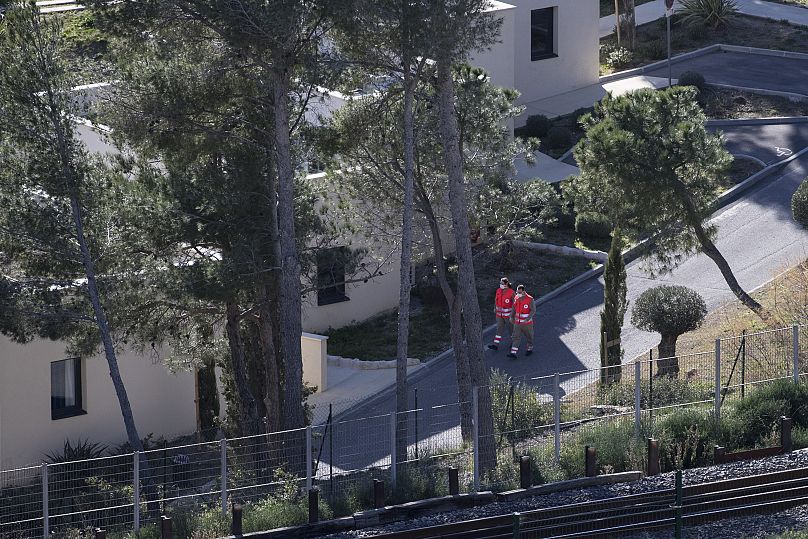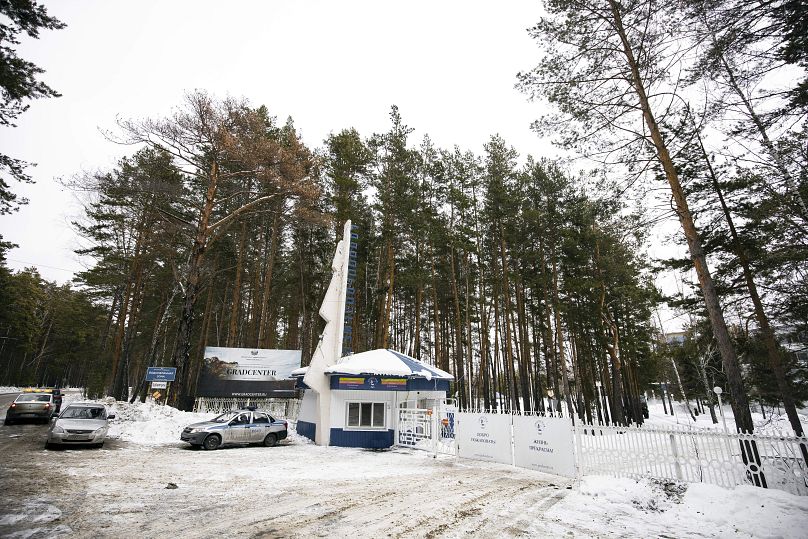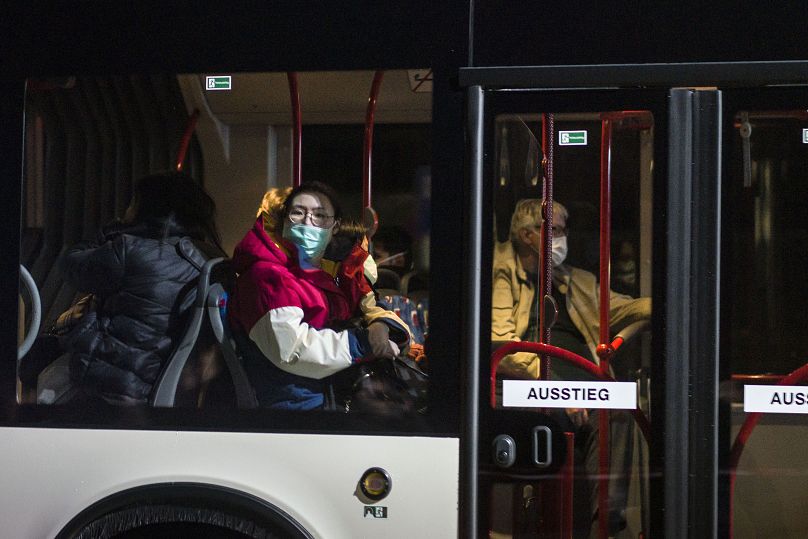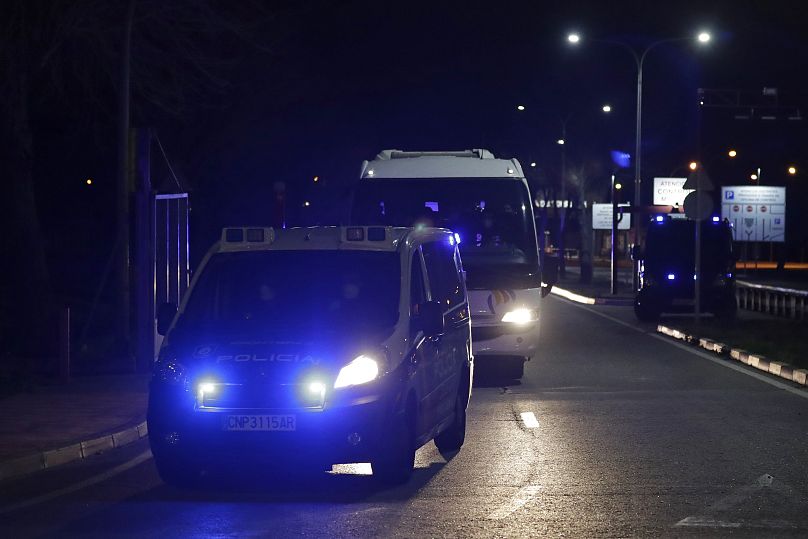Watch the videos from inside the European centres where people returning from China are quarantined under coronavirus restrictions.
The number of confirmed cases of the coronavirus in Europe stood at 42 on Friday, according to the World Health Organisation.
 ADVERTISEMENT
ADVERTISEMENT
 ADVERTISEMENT
ADVERTISEMENT
But many more people repatriated from China are being quarantined over fears that the virus may spread.
They are spending at least 14 days shut off from the rest of the world, as a precautionary measure.
Watch the video in the player above for a glimpse of some of their experiences from inside the quarantine centres, as people cope with the boredom and frustration.
United Kingdom
British authorities said on Monday that eight people in the UK had tested positive for the virus. Four new cases of the virus were linked to a British man travelling from Singapore who stayed at a ski resort in France.
Those repatriated from Wuhan, meanwhile, have been held at Arrowe Park Hospital on the Wirral. Another group are reportedly due to be taken to a health facility at Milton Keynes.
One of the residents, Kharn Lambert, filmed from the courtyard where people are allowed out for a stroll.
"As you can see they've put fence around the perimeter to stop us from getting outside," he says. "But it's a big enough courtyard. It's enough to walk around, get some fresh air."
France
None of the 180 French people placed in quarantine at Carry-le-Rouet tested positive for the coronavirus when they returned from China.
The surroundings in the Mediterranean seaside village near Marseille may seem attractive, but the residents face strict controls.
“There’s a ban on going out, a ban on receiving visits. Even at mealtimes when they take off their masks they can only be with their family – that means no gathering with friends,” said the resort’s mayor Jean Montagnac.
Click on the locations on the map to see details of where European returnees from China are quarantined.
Russia
In stark contrast to the pine trees and blue waters of the Med, Russians flown home from Wuhan were given blankets as they disembarked in Siberia.
The country reported its first two cases last week, both involving Chinese nationals.
“Everything is brought to the rooms and contact between people is forbidden completely. If there are two of you in the room, you stay in the room for two weeks,” said student Daniil Parfenovich from the camp outside Tyumen, around 200 kilometres from Yekaterinburg.
Germany
The only quarantine centre in Germany is at Germersheim on the River Rhine just north of Karlsruhe.
Ann-Sophie Muxfeldt had been studying in Wuhan in a year out from her computer science course at the University of Rostock. She says in the absence of much to do, the days revolve around mealtimes, where she is getting used to German food again – “a completely different kind” compared to Chinese.
“Today we had tortellini in cream sauce – I could have done without that cream sauce – yesterday it was vegetable lasagne with thick cheese and cream sauce.” Last night’s pumpkin soup she found “really tasty… you can’t expect a five-star menu here.”
Spain
Twenty Spaniards repatriated from Wuhan are being kept at Gomez Ulla Military Hospital in Madrid.
Six Germans who were on holiday in Spain are at a hospital at La Gomera in the Canary Islands. One contracted the coronavirus from a co-worker in Germany who had just returned from China.
“The days go by easily. We meet up because we don’t have any restrictions,” says Pedro Morilla, a football coach quarantined at the Madrid facility. “We have two common rooms for meet-ups where we play cards, dominoes and chess, those who know how to play.”
Other European countries to have put returnees from China into quarantine include Belgium, Italy, Hungary and Switzerland. Their locations, surroundings and constraints vary, but all share one thing in common – they can’t leave.
“Of course it would be nicer not to be in quarantine, that's obvious,” summarises Ann-Sophie Muxfeldt in Germany. “If you have the choice, then of course you choose freedom of movement instead of quarantine, but basically it's only two weeks and if it stays that way it’s ok.”















